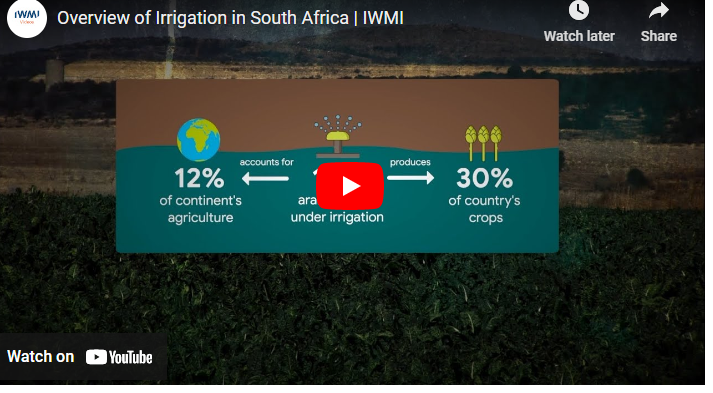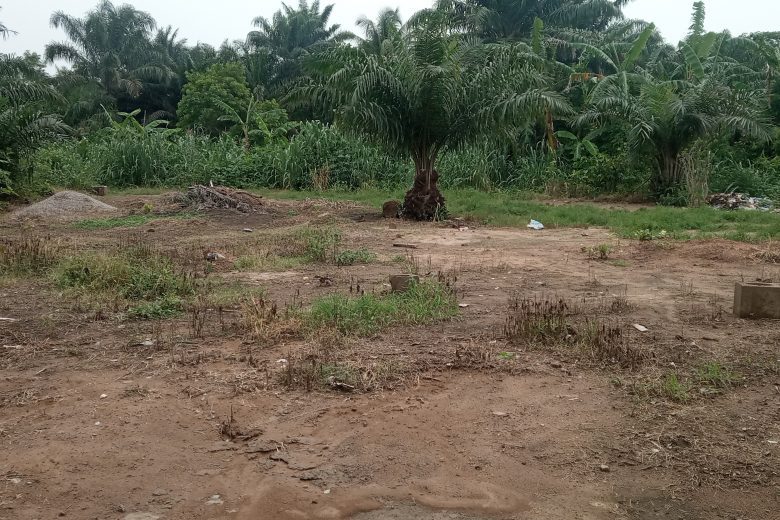Coconut farming is an important agricultural practice that provides a valuable source of income and nutrition for many regions across the globe. To ensure a successful coconut farm and optimize productivity, it is essential to implement effective agronomic practices.
In this comprehensive guide, we will explore the 12 best agronomic practices on coconut farms that contribute to a thriving and sustainable coconut farming venture.
12 Best Agronomic Practices On Coconut Farm [Coconut Farming Success Guide]
1. Soil Analysis and Preparation
Before establishing a coconut farm, it is crucial to conduct a thorough soil analysis. Soil composition varies from region to region, and understanding the nutrient content and pH levels can guide appropriate fertilization and soil management strategies.
After analysis, prepare the soil by clearing debris, removing weeds, and loosening the ground for better root penetration.
2. Selecting High-Quality Coconut Varieties
The choice of coconut varieties greatly impacts the success of a coconut farm. Opt for high-quality coconut varieties that are disease-resistant, have a high yield potential, and are well-suited to the climatic conditions of your region. Popular coconut varieties include Malayan Dwarf, King Coconut, and West Coast Tall.
3. Proper Planting Techniques
Adopting proper planting techniques ensures the healthy establishment of coconut palms. Dig a hole large enough to accommodate the coconut seedling, ensuring that the bud union remains above the soil surface.
Maintain proper spacing between seedlings to allow ample sunlight and airflow, which contributes to their overall growth and development.
4. Adequate Irrigation
Coconut palms require regular and adequate irrigation, especially during dry spells. Young coconut plants need more frequent watering to establish their root systems, while mature palms benefit from deep, infrequent irrigation.
Implementing drip irrigation systems or constructing small water reservoirs can be beneficial for efficient water management.
5. Nutrient Management
To promote robust growth and maximize yields, it is essential to implement proper nutrient management practices. Conduct regular soil tests to assess nutrient deficiencies and apply fertilizers accordingly.
Coconut palms require a balanced combination of macronutrients (nitrogen, phosphorus, and potassium) and micronutrients (zinc, magnesium, iron, etc.) for optimal growth.
6. Integrated Pest and Disease Management
Coconut farms are susceptible to various pests and diseases that can significantly impact crop productivity. Implement integrated pest management strategies such as regular scouting, biological control methods, and judicious use of pesticides to minimize the risks.
Also, maintaining good hygiene practices and removing affected plant material can help prevent disease spread.
7. Weed Control
Effective weed control is crucial to prevent competition for nutrients, water, and sunlight. Regularly remove weeds manually or use appropriate herbicides under professional guidance. Mulching with organic materials can also help suppress weed growth while improving soil moisture retention.
8. Pruning and Canopy Management
Pruning plays a vital role in maintaining the health and productivity of coconut palms. Remove dead or diseased fronds regularly, and trim excessive foliage to improve air circulation within the canopy. Proper canopy management ensures better light penetration, which is essential for the development of flowers and fruits.
9. Efficient Harvesting Techniques
Timely and efficient harvesting techniques are essential to maximize coconut yields. Harvest coconuts when they are fully mature but before they fall naturally from the tree. Use long poles or climbing devices to reach the coconuts safely. Handle harvested coconuts with care to avoid damage and ensure better market value.
10. Crop Rotation and Inter-Cropping
Implementing crop rotation and inter-cropping practices can enhance the overall sustainability of coconut farms. Intercropping with leguminous plants or nitrogen-fixing cover crops improves soil fertility and prevents soil erosion. Rotate coconut cultivation with other crops to break disease cycles and optimize land utilization.
11. Proper Waste Management
Effective waste management practices contribute to a cleaner and healthier coconut farm. Dispose of agricultural waste responsibly, following local regulations and guidelines. Composting organic residues and utilizing them as natural fertilizers can help close the nutrient loop and reduce reliance on external inputs.
12. Continuous Learning and Adaptation
To thrive in the dynamic agricultural industry, coconut farmers must embrace continuous learning and adapt to changing trends and technologies. Stay updated with the latest research, attend workshops and seminars, and engage with fellow farmers and agricultural experts.
By continuously expanding knowledge and adopting innovative practices, coconut farmers can achieve long-term success.
How often should I irrigate coconut palms?
Coconut palms require regular irrigation, especially during dry spells. Young coconut plants should be watered frequently to establish their root systems, while mature palms benefit from deep, infrequent irrigation. Monitor soil moisture levels and adjust irrigation frequency accordingly.
Which coconut varieties are disease-resistant?
Several coconut varieties exhibit resistance to common diseases. Some disease-resistant coconut varieties include Malayan Dwarf, King Coconut, and West Coast Tall. Consult local agricultural authorities or experienced coconut farmers for variety recommendations suitable for your specific region.
Are pesticides necessary for coconut farming?
While integrated pest management practices should be prioritized, there are cases where pesticides may be necessary to control severe pest infestations. Consult with agricultural experts or extension services to identify the most appropriate and safe pesticide options for your specific pest management needs.
How can I improve soil fertility on my coconut farm?
To enhance soil fertility, implement proper nutrient management practices. Regular soil testing will help identify nutrient deficiencies, allowing you to apply the appropriate fertilizers. Additionally, inter-cropping with leguminous plants or cover crops and incorporating organic matter through composting can improve soil health and fertility.
When should coconuts be harvested?
Coconuts should be harvested when they are fully mature but before they fall naturally from the tree. Regularly inspect the coconuts for maturity by shaking them gently to ensure they are firm and full. Harvesting at the right time ensures optimal quality and market value.
How can I stay updated with the latest coconut farming practices?
Staying updated with the latest coconut farming practices is crucial for success. Engage in continuous learning by attending agricultural workshops, seminars, and conferences. Stay connected with agricultural research institutions, read scientific publications, and network with experienced coconut farmers to exchange knowledge and experiences.
Conclusion
Implementing the 12 best agronomic practices on coconut farms can greatly contribute to the success and sustainability of coconut farming ventures. From soil analysis and preparation to continuous learning and adaptation, each practice plays a vital role in optimizing coconut yields and ensuring a thriving farm.
By adopting these practices and staying informed about the latest advancements, coconut farmers can achieve long-term success and contribute to the growth of the agricultural industry.



